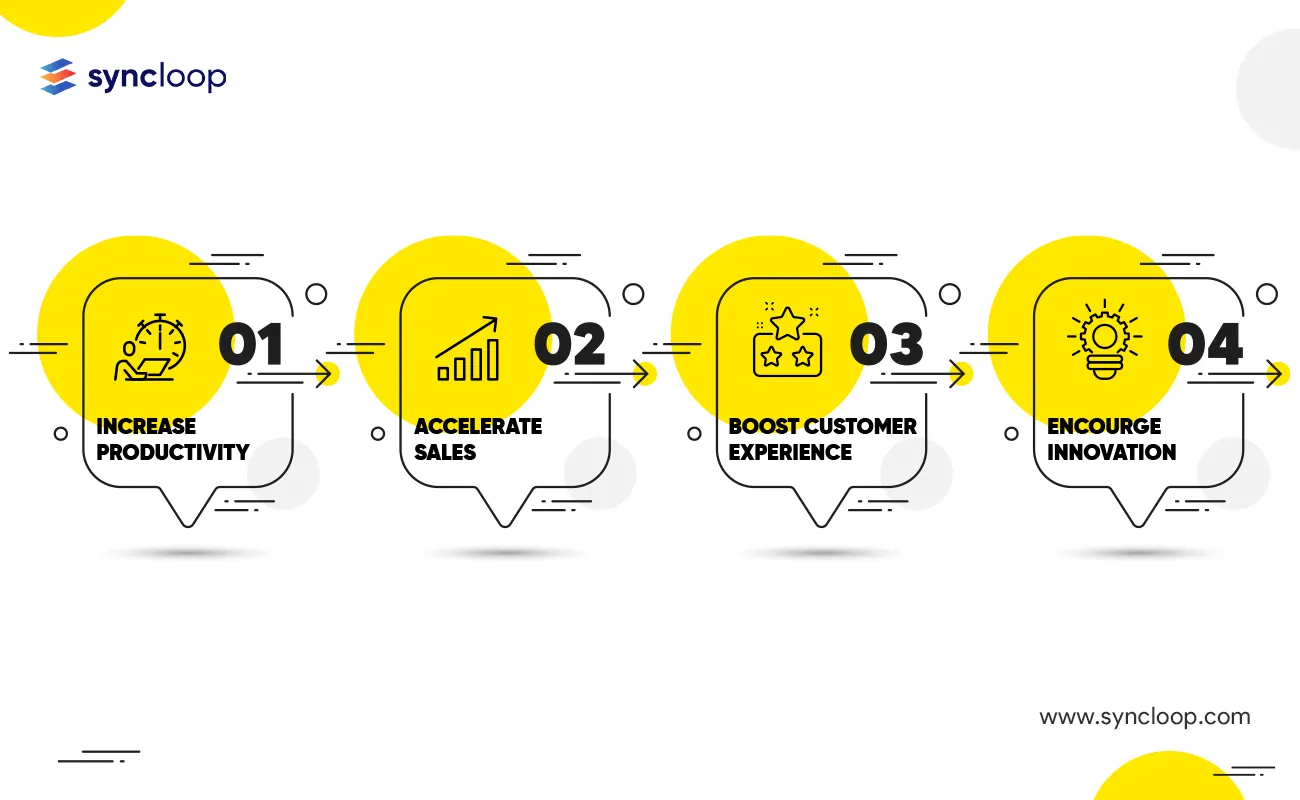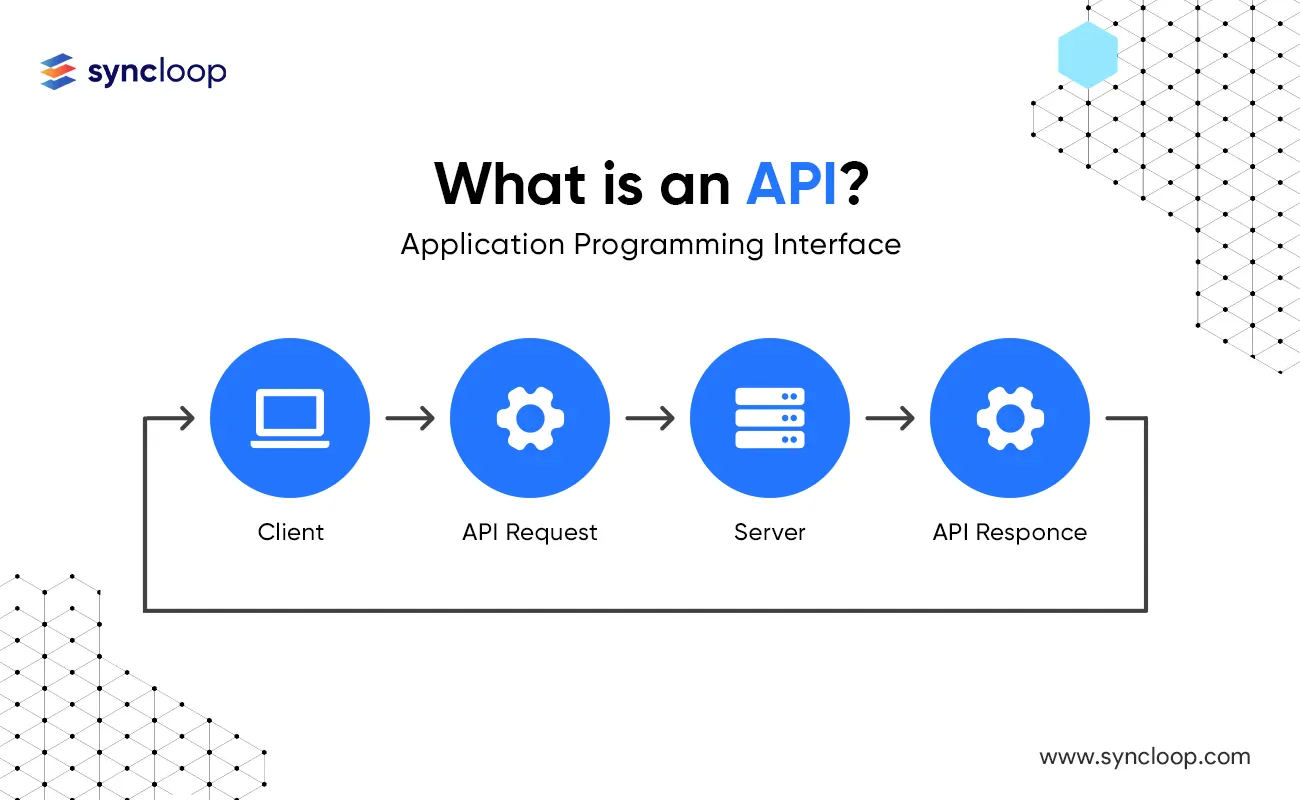Benefits of using APIs
Posted by: Rupesh | December 08, 2022

Categories: API Benefits, Successful API usecases, API provider
In the ever-evolving digital world, APIs are becoming increasingly important. APIs, or application programming interfaces, are sets of programming instructions that allow different applications to interact with each other and share data. As technology continues to advance, organizations are finding new ways to leverage APIs to gain a competitive edge. From increased scalability and reliability to improved customer experience, there are countless benefits of using APIs. By harnessing the power of APIs, businesses can improve their operations, provide better services to their customers, and gain a competitive edge. In this article, we will take an in-depth look at the advantages of using APIs, explore the different types of APIs, and explain how to get started with APIs. With the right strategies and APIs, organizations can unlock the potential of their data and propel their business to the next level.
One of the biggest advantages of using APIs is the ability to access data from various systems, applications, and platforms. This means that organizations have the freedom to integrate data from various sources, which can lead to increased scalability and improved customer experience. APIs are also critical for digital transformation, as they allow businesses to break down silos and connect systems. When systems are connected and data is accessible, organizations can achieve a higher degree of automation and use their data more effectively. API adoption can also improve security and compliance. APIs can be used to control access to sensitive data and protect it from unauthorized users. When data is centralized, it can be protected more effectively and accessed more safely. Finally, APIs can accelerate development cycles and reduce costs. They allow organizations to build new services faster and cheaper without having to invest in expensive infrastructure upfront.
Examples of successful API use cases
Here are a few examples of successful API use cases: - Uber: Uber’s API was one of the most successful API campaigns ever. Since the company was providing a service that was already available in many cities around the globe, it had the challenge to find new markets and customers. So, Uber decided to pivot to a business model that provides a platform for existing transportation services (taxi drivers, bus companies, etc.). - Airbnb: Airbnb is one of the most successful platforms for short-term travel accommodations. When it didn’t have the resources to enter a new market, the company decided to create an API to allow existing service providers to list their properties on the Airbnb site. - Facebook: Facebook’s API was one of the first API campaigns that created huge value. Facebook’s advertising API allowed advertisers to upload their current campaigns and buy new ads with a few clicks. - China’s WeChat: WeChat is a Chinese messaging app that provides a payment system (similar to Venmo or PayPal), a fitness tracking system, and more. WeChat created an API that lets other companies create apps, integrate with the WeChat platform, and accept payments.
Choosing the right API provider
Before choosing an API provider, you should conduct thorough research and consider your specific needs and requirements. Here are a few factors to keep in mind when selecting an API provider: - Scalability: You should make sure that the API provider has enough capacity to handle sudden spikes in traffic or loads. You should also check if the API provider can scale with your business as it grows. - Responsiveness: You should ensure that the API provider responds quickly to requests for support and assistance. - Reliability: The API provider should offer a robust and stable service that never goes down or experiences downtime. - Security: You should select an API provider that uses state-of-the-art security features to protect your data. - Openness: You should select an API provider that lets you access your data and use it in a way that makes the most sense for your business.
Common mistakes to avoid when using APIs
There are a few mistakes that organizations make when using APIs. One common mistake is not thoroughly understanding the benefits of using APIs. Sometimes, organizations think they need APIs, but they actually don’t. Another common mistake is not recognizing the different types of APIs. There are many different types of APIs available, and they each have unique benefits that are best suited for certain industries. Another mistake is not having a plan for using the APIs. You should make sure you have a clear plan for how you will use the APIs and what you will do with the data that is accessed through the APIs.
Back to Blogs

